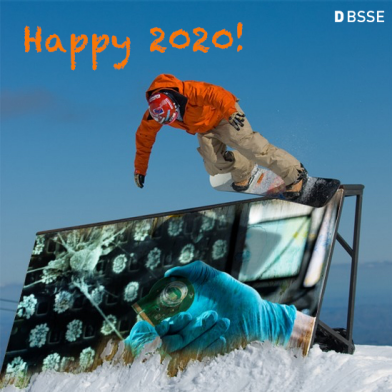2019
Reenginering signal transduction in bacteria for human cells
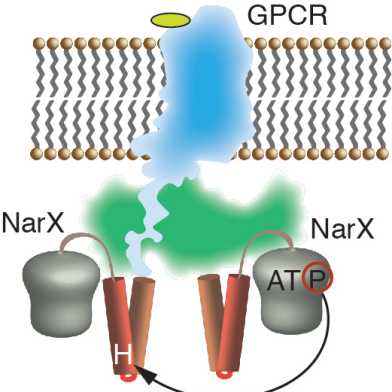
The Synthetic Biology group reports on a novel approach to artificial signalling in human cells. In a recent paper published by Nature Chemical Biology, Alain Mazé and Yaakov (Kobi) Benenson describe how the mechanisms for signal transduction in bacteria can be reengineered to enable signal transduction in mammalian cells. This approach will open new venues for the rational control of cell behaviour.
Meet Zhou Fang applying mathematical theory to help tame cell behaviour
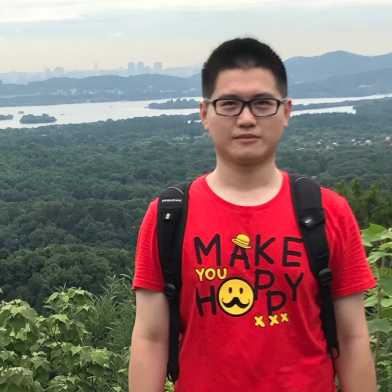
The Chinese mathematician joined the Control Theory and Systems Biology Lab of Professor Mustafa Khammash to develop algorithms that describe the control mechanisms of processes within cells. Zhou appreciates having lunch at the Chinese restaurant near the office and looks forward to watching European soccer games without staying awake all night for the time difference.
Administrative investigation concluded
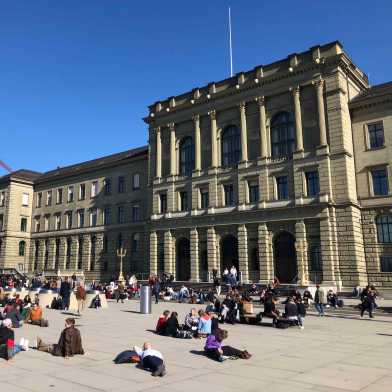
The administrative investigation into allegations in the D-BSSE opened in July 2018 has shown that no laws were broken, although pressure was exerted on some doctoral students through employment contracts and there were errors in how some employment contracts were drawn up. ETH Zurich has taken appropriate measures and is strengthening internal controls. The department and the professor involved are working to improve the supervision of doctoral students.
Welcome to our new faculty members
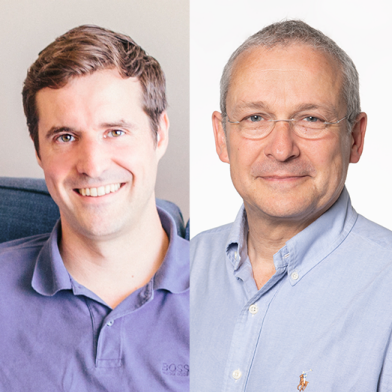
Upon application of the President of ETH Zurich, the ETH Board appointed two new D-BSSE professors: Andreas Moor, currently Assistant Professor at the University of Zurich, was appointed as Tenure Track Assistant Professor of Systems Physiology, starting this new position as of January 2020; and Georg Holländer, currently Full Professor at the University of Basel and Director of BRCCH as well as Full Professor at Oxford University, UK, as Full Professor of Developmental Immunology.
New NCCR fighting antibiotic resistance with D-BSSE as partner
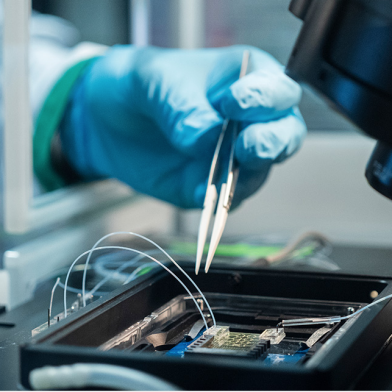
The National Center of Competence in Research (NCCR) “AntiResist” is an interdisciplinary center for antibiotic research, which fosters collaboration of researchers from the Biozentrum/University of Basel, University Hospital Basel, and the ETH department of Biology (D-BIOL) and the D-BSSE. The aim is to find new antibiotics and develop alternative strategies to combat antibiotic-resistant bacteria by linking basic research with clinical research.
ETH Zurich becomes one of the first sites of the European Laboratory for Learning and Intelligent Systems

Based on a proposal involving Niko Beerenwinkel, Caroline Uhler and Karsten Borgwardt from D-BSSE and colleagues from other departments, ETH Zurich was chosen as a site for one of the first ELLIS Units in Europe. The European Laboratory for Learning and Intelligent Systems is an intergovernmental organisation with key partners from academia and industry. Karsten Borgwardt explains the vision of ELLIS and the role of D-BSSE in the new ETH Unit, which is coordinated by Thomas Hofmann from D-INFK.
Botnar Research Centre launches research activities
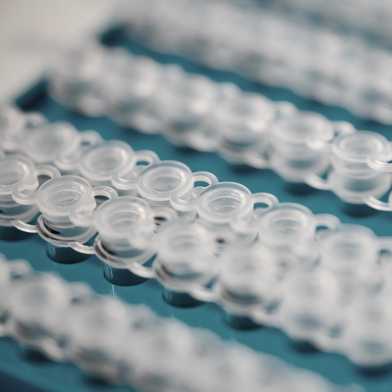
The Botnar Research Centre for Child Health (BRCCH) announces its first four multi-investigator projects and thus the start of its research activities. D-BSSE professor Randall Platt will have the lead of a project which aims to develop a CRISPR-based technology involving engineered bacteria which are capable of sensing, remembering, and reporting on the environment within the gut.
Swiss Chemical Society honours Konrad Tiefenbacher
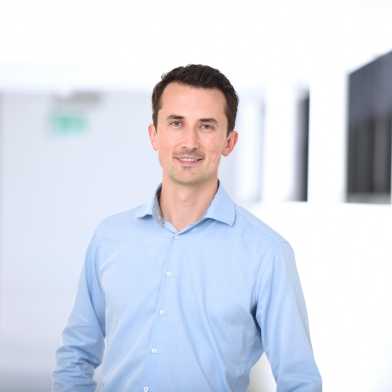
Konrad Tiefenbacher, an expert in the synthesis of functional modules who is affiliated with both the D-BSSE and the University of Basel, receives the Alfred Werner Prize 2020 from the Swiss Chemical Society. The Prize is awarded to promising young scientists in Switzerland for their outstanding research in the field of chemistry. Congratulations, Konrad!
Swiss premiere at D-BSSE: documentary HUMAN NATURE

CRISPR - a tool opening the doors to curing diseases, reshaping the biosphere, and designing our own children. The documentary HUMAN NATURE explores CRISPR's far-reaching implications. Join us for a movie night at D-BSSE on 17 December. This event is organized and generously supported by NCCR Molecular Systems Engineering, the Institute of Molecular and Clinical Ophthalmology Basel (IOB) and the D-BSSE.
